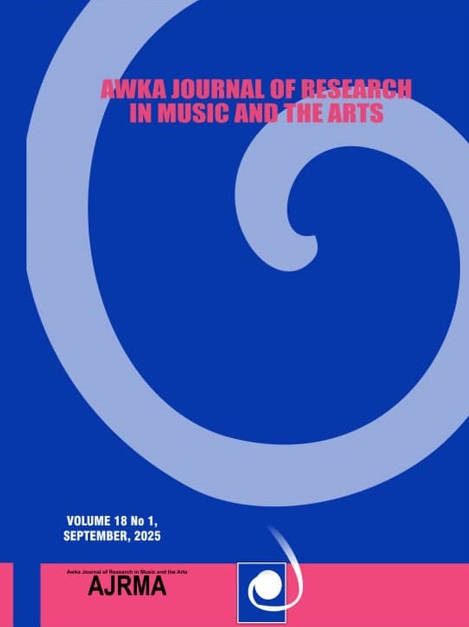REVIVING INDIGENOUS MUSICAL HERITAGE THROUGH SMART ARCHIVAL TECHNOLOGIES: AN EARLY CHILDHOOD EDUCATION PERSPECTIVE ON COMPARATIVE EPISTEMOLOGICAL FRAMEWORKS
Abstract
The global decline of indigenous musical heritage poses a significant threat to cultural identity and sustainability. This paper explores how smart archival technologies can support the preservation and revitalization of these traditions from an Early Childhood Education (ECE) perspective. It introduces a comparative epistemological framework that connects indigenous knowledge systems with digital tools to enhance the transmission of orally rooted musical forms in early learning settings. Focusing on the foundational years of education, the study examines how interactive technologies and culturally responsive pedagogies can introduce young learners to the tonalities, rhythms, and cultural contexts of indigenous music. By situating these approaches within broader epistemological discussions, the paper highlights tensions and bridges between Western educational paradigms and indigenous ways of knowing. The paper critically analyzes tools such as multimedia storytelling, digital archives, and community-led educational content, emphasizing ethical collaboration and indigenous agency. Case studies illustrate how integrating smart technologies into early learning environments can transform static repositories into dynamic, participatory ecosystems for intergenerational knowledge transfer. The research advocates for a participatory design approach where indigenous educators, families, and communities actively shape educational resources. It concludes with recommendations for policy and curriculum development that support culturally respectful, developmentally appropriate, and epistemologically informed practices—aligning technological innovation with cultural restitution.

